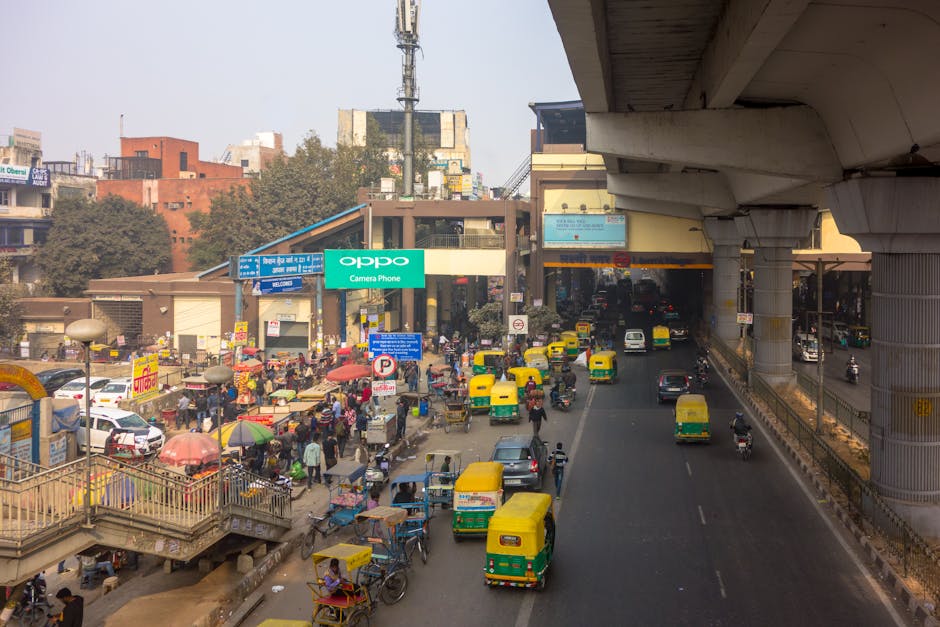Delhi Gasps as AQI Touches ‘Severe’ 413; GRAP Stage 3 Enforced
Delhi’s air quality index (AQI) soared to a hazardous 413 on Tuesday, pushing authorities to activate Graded Response Action Plan (GRAP) Stage 3 measures. With toxic smog blanketing the city, schools have shifted to hybrid learning, and non-essential construction has been halted to combat the worsening pollution crisis.
Health Emergency: Doctors Warn of Respiratory Risks
Multiple monitoring stations in Delhi-NCR recorded AQI levels above 400, with Anand Vihar hitting a dangerous 486. Vehicular emissions, stubble burning, and construction dust are the primary contributors. Medical experts urge vulnerable groups—children, the elderly, and those with asthma—to avoid outdoor exposure.
“PM2.5 levels are critically high, increasing risks of bronchitis, lung damage, and heart issues,” warns Dr. Arvind Kumar, a pulmonologist at Sir Ganga Ram Hospital.
GRAP Stage 3 Restrictions: Key Measures
To curb pollution, the Commission for Air Quality Management (CAQM) has imposed:
– Hybrid schooling: Primary schools closed; secondary schools switch to online-offline classes.
– Construction ban: All non-essential projects paused, including highways.
– Diesel vehicle curbs: BS-III petrol and BS-IV diesel cars barred in Delhi-NCR.
– Odd-Even standby: Scheme may return if air quality worsens.
Stubble Burning Crisis: 3,500+ Farm Fires Detected
Despite government promises, Punjab and Haryana reported over 3,500 farm fires in a week, contributing 25–30% of Delhi’s pollution. The Centre has demanded stricter enforcement and alternatives like bio-decomposers.
Political Finger-Pointing Amid Health Crisis
The AAP government blames neighboring states for unchecked stubble burning, while BJP leaders criticize Delhi’s “failed policies.” The Supreme Court has rebuked officials for inaction, demanding urgent solutions.
Residents Suffer as Smog Lingers
“My child’s school is shut, and stepping outside burns my throat,” says Lajpat Nagar resident Ritu Sharma. While air purifiers and masks offer relief, many low-income families lack access.
Will Delhi’s Air Improve Soon?
Weather forecasts show no immediate relief—winds remain weak, and temperatures are stagnant. Experts call for long-term fixes: better public transport, industrial reforms, and consistent pollution control.
Stay updated on Delhi’s pollution crisis with real-time alerts.




